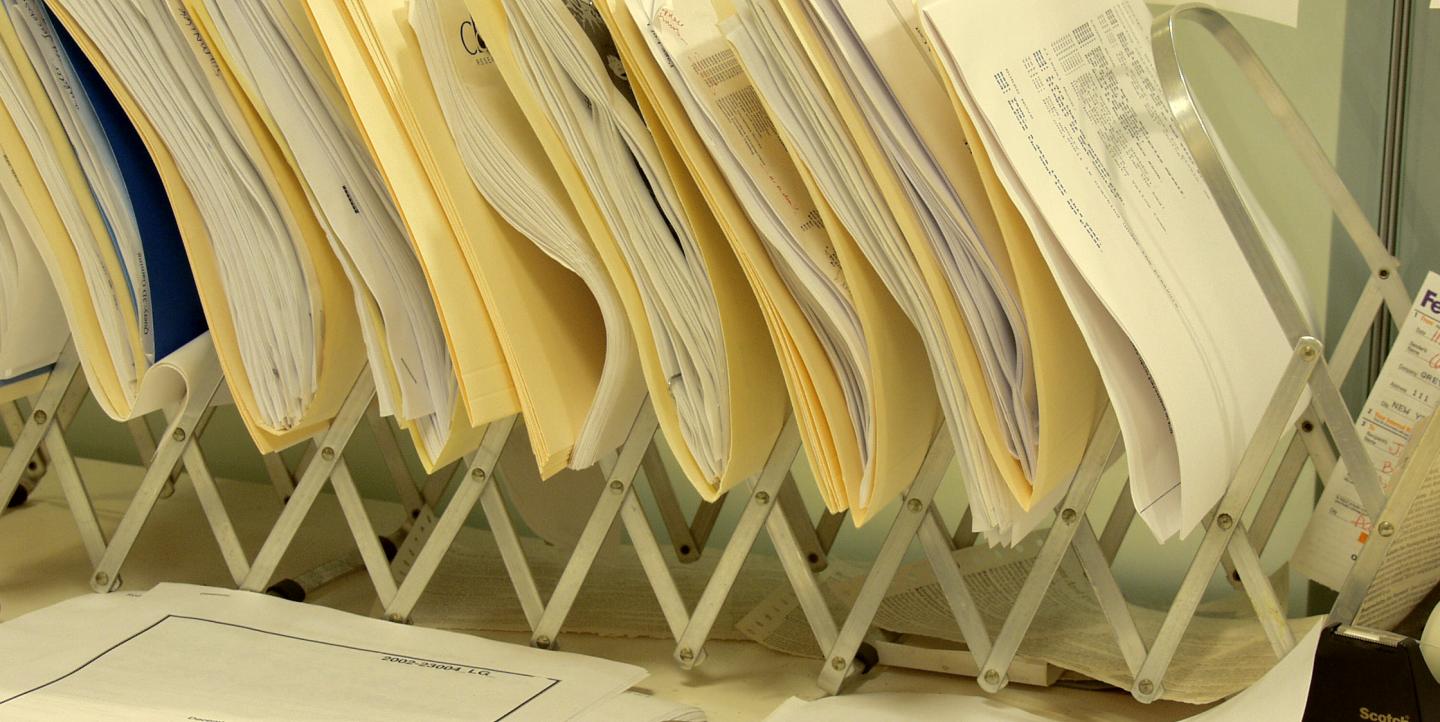Updated October 16, 2013 at 14:46 Eastern.
Leading investigative journalists from around the world shared their reporting tips over the weekend with attendees of the 2013 Global Investigative Journalism Conference (GIJC) in Rio de Janeiro.
"In my experience, the main thing you need for a successful career in investigative journalism isn't a lot of technical equipment, and it isn't the ability to spend a lot of money," said David Leigh, former investigations executive editor of The Guardian. "It's having the right mindset."
Leigh spoke at the four-day event, which offered more than 100 panels, workshops, and seminars. The Global Investigative Journalism Network organized and co-sponsored the conference in partnership with its national member organizations.
Panelists explored the wide range of themes, from organized crime to the global food industry, that journalists should be investigating.
"Go for the big story," said Fiona MacLeod, an environmental writer and editor of the Oxpeckers Center for Investigative Environmental Journalists in South Africa. "Just because it's an environmental story or a science story doesn't mean it has to be boring."
Panelists also stressed how critical it is for reporters to get hold of records.
"Documents, documents, documents," said Charles Lewis, the founder of The Center for Public Integrity. "Records are the bedrock of all great journalism."
Guatemalan journalist Juan Luis Font said investigative journalists, most of all, need to have the ability to break away from the bunch.
"When everybody's going in one way, try looking the other way," he said.
For more tips, watch this video (in English) produced by Yolaan Begbie and Ryan Patch of IACC Young Journalists Initiative, a network reporting on corruption around the globe.
GIJC 2013 - Top Tips for Investigative Journalists from 15 IACC on Vimeo.

